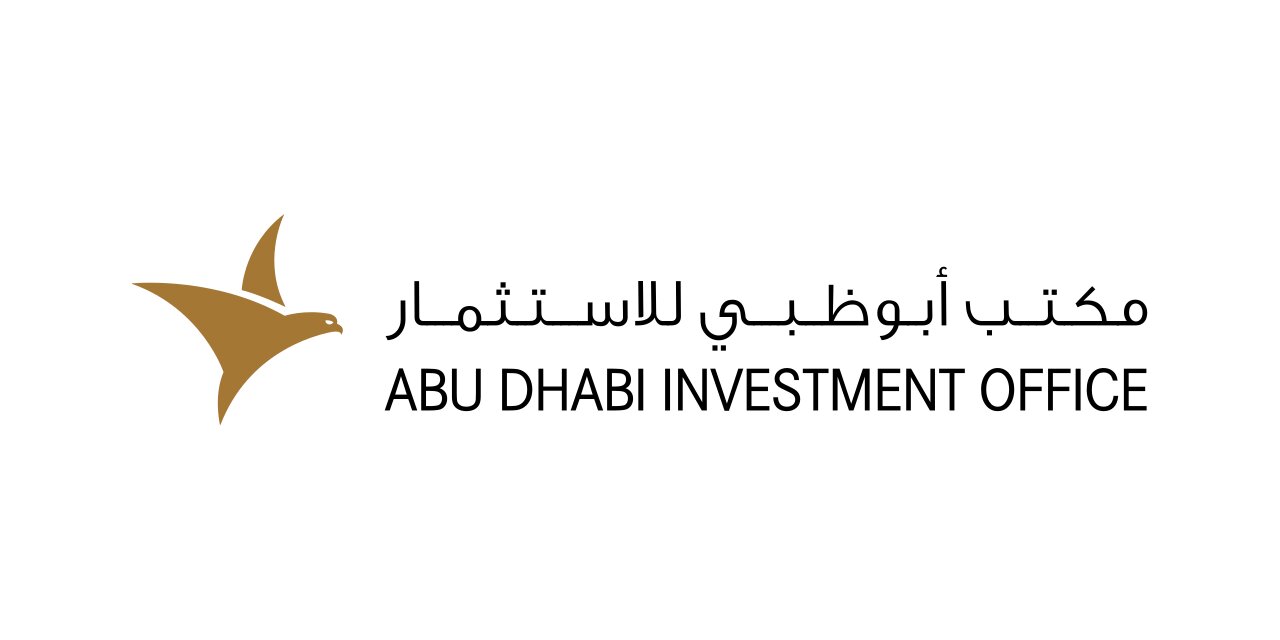
We are undeniably entering the age of fintech around the world. With mobile phone ownership at a record high, especially in emerging markets, and the COVID-19 pandemic having taken digital services from incidental to indispensable, we find ourselves at a moment of intense evolution in the financial services industry.
Having identified fintech development as a national priority, the UAE is among the countries that are leading the way, particularly in Abu Dhabi. Entities such as the Abu Dhabi Global Market (ADGM) are committed to providing the ideal environment for the kind of radical innovation that is taking financial services into the future.
The state of play
In recent years, the financial services market has boomed globally. Despite the impact of the pandemic, it continues to grow, with a record number of capital-raising deals set to be closed in 2021.

Within this flourishing global market, fintech emerges as a star player. As technological innovations continue to be developed, including AI and advanced big data analytics, many financial institutions are seizing the opportunity to modernise their offering.
For example, Abu Dhabi fintech NymCard recently launched an Open API which will facilitate the creation of new innovative payment services by fintechs and banks to reduce friction in the process of issuing card programs and payment solutions seamless. Tarabut Gateway, with an office in Abu Dhabi, is the Middle East’s largest Open Banking platform, transforming the way banks and fintechs interact with one another. The platform offers an account aggregation and payment initiation product, which allows users to see information about all their different accounts in one place and even initiate account-to-account payments on the platform, without having to open different banking apps. These efforts have been accelerated by the impact of the pandemic, which has made virtual interactions and paper-free operations essential.
This kind of innovation is also being made a priority by government institutions and investors. For example, Abu Dhabi’s global tech ecosystem Hub71 is partnered with institutions like Abu Dhabi Commercial Bank (ADCB) to seek out POCs from innovative fintech startups. Currently, ADCB is looking for support to develop an AI predictive engine to enhance recommendations for its customers, through Hub71’s Outliers programme.

Globally, fintech is outperforming other finance subsectors in terms of growth. Between 2020 and 2021, M&A deal volume for fintech increased nearly 90%, compared to nearly 80% for the next most active subsector, wealth management and private banking. Other subsectors, including payments, risk management and investments, lag significantly behind, with growth of below 30%.
So, as the financial services industry booms, this more granular view reveals that fintech is very much at its vanguard. Over the next four years, the global fintech market is anticipated to grow around 20% per year over to reach a market value of $305 billion by 2025.
UAE as a fintech leader
The Middle East is no exception to this global trend, and the region shows strong signs of a thriving fintech innovation environment. While the amount of funding for fintech start-ups in the region peaked in 2017, the number of deals has risen steadily since 2015, reaching a high of 51 deals in 2019.

The UAE is a huge player in the region, across industries. In 2020, the country recorded the second highest GDP per capita in the region. Therefore, there is enormous potential for investment in the UAE, especially in international financial centres like ADGM.
This is complemented by a visionary government which recognises the importance of new and emerging technologies like fintech. According to an IBS Intelligence report, the UAE is home to almost 50% of the region’s fintech companies.
Within the UAE, Abu Dhabi is recognised as a top fintech hub, home to the award-winning ADGM, which created the first fintech regulatory regime in the region. Its RegLab is the world’s second most active fintech sandbox, a low-risk environment in which to test innovations. ADGM is committed to supporting the development of a sustainable and dynamic fintech ecosystem in Abu Dhabi and the UAE, and its annual Fintech Abu Dhabi summit returns for its fifth session in November this year, with the goal to bring together fintechs and financial intuitions to foster ground-breaking innovation and accelerate the market into the future. Abu Dhabi’s tech accelerator programme Hub71 has fintech as one of its priority areas, with the largest proportion (24%) of its applicants being fintech specialists.
With the Abu Dhabi marketplace on the rise, fintech startups from across the globe interested in learning more about Abu Dhabi’s thriving ecosystem can easily meet other fintech leaders, Abu Dhabi government representatives and innovators to hear success stories during Abu Dhabi Global Market’s The Search, Global Tour – which takes place until October 2021.
Currently in the UAE, payment companies dominate the fintech industry, representing around a quarter of all fintech companies, significantly outpacing its closest competitors, blockchain and insurtech. Fintech companies in emerging sectors like open banking and data/AI remain relatively few at present, but we may expect to see these areas grow in importance over the coming years.

Finextra estimates that by 2022, 465 fintech firms in the UAE will generate about $2 billion in investment capital funding, compared to $80 million in 2017. For investors and companies alike, the country presents huge opportunity to take advantage of a world-class environment for innovation and to be part of driving the transformative current which is moving the financial services sector globally.
To find out more about fintech and innovation investment opportunities in Abu Dhabi, download the Abu Dhabi Prospectus above.


